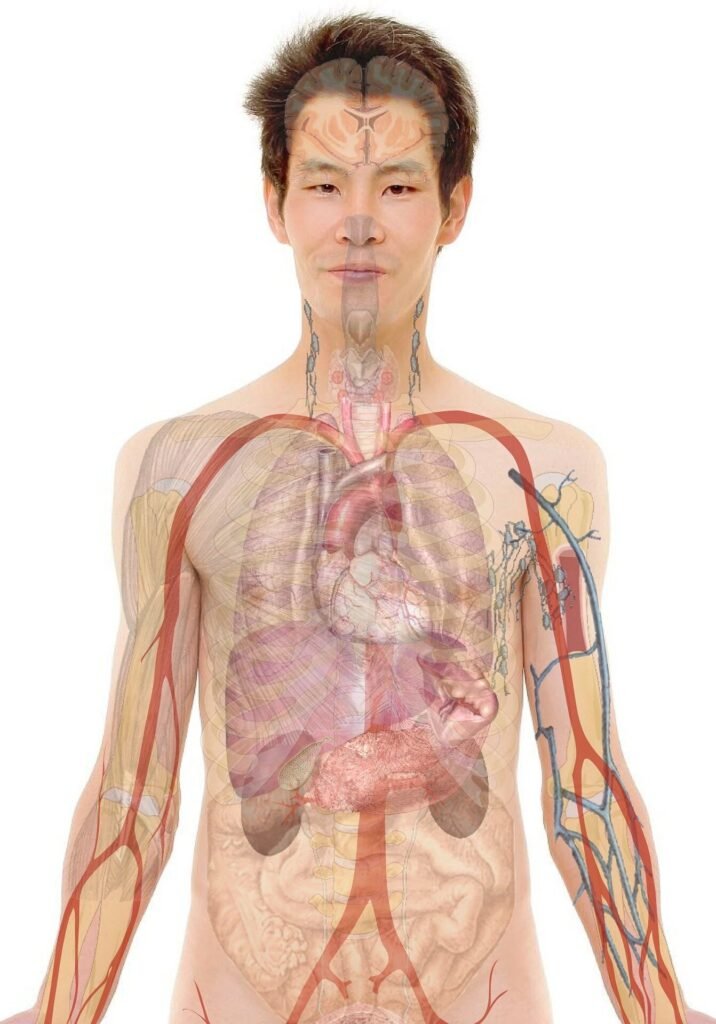A recent report published in the journal Anatomical Sciences Education has outlined the best practices and standards for human body donation programs in the United States. These programs accept whole body donations after death for research and educational purposes.
The report, issued by a task force of American Association for Anatomy members, aims to align body donation programs with evolving societal values and legal frameworks. It emphasizes the importance of maintaining the highest ethical standards for donors by upholding principles of informed consent, oversight, and dignity.
One key aspect highlighted in the report is the need to ensure that potential donors and their families fully understand the donation process. This underscores the importance of public education and transparent engagement to ensure that individuals are making informed decisions about donating their bodies for research and education.
Corresponding author Joy Y. Balta, MSc, MEd, Ph.D., of Point Loma Nazarene University, emphasized the moral and ethical responsibility that comes with honoring the selfless contributions of body donors. The report represents a significant step towards fulfilling donors’ wishes with the highest standards of ethical care.
For those interested in delving deeper into the topic, the report titled “Human body donation program’s best practices and recommended standards: A task force report from the American Association for Anatomy” can be found in Anatomical Sciences Education.
In conclusion, the report’s recommendations serve as a guide for maintaining ethical standards in body donation programs, ensuring that donors’ wishes are respected and upheld with the utmost care and dignity. The information provided in this report is crucial for advancing research and education in the medical field.


